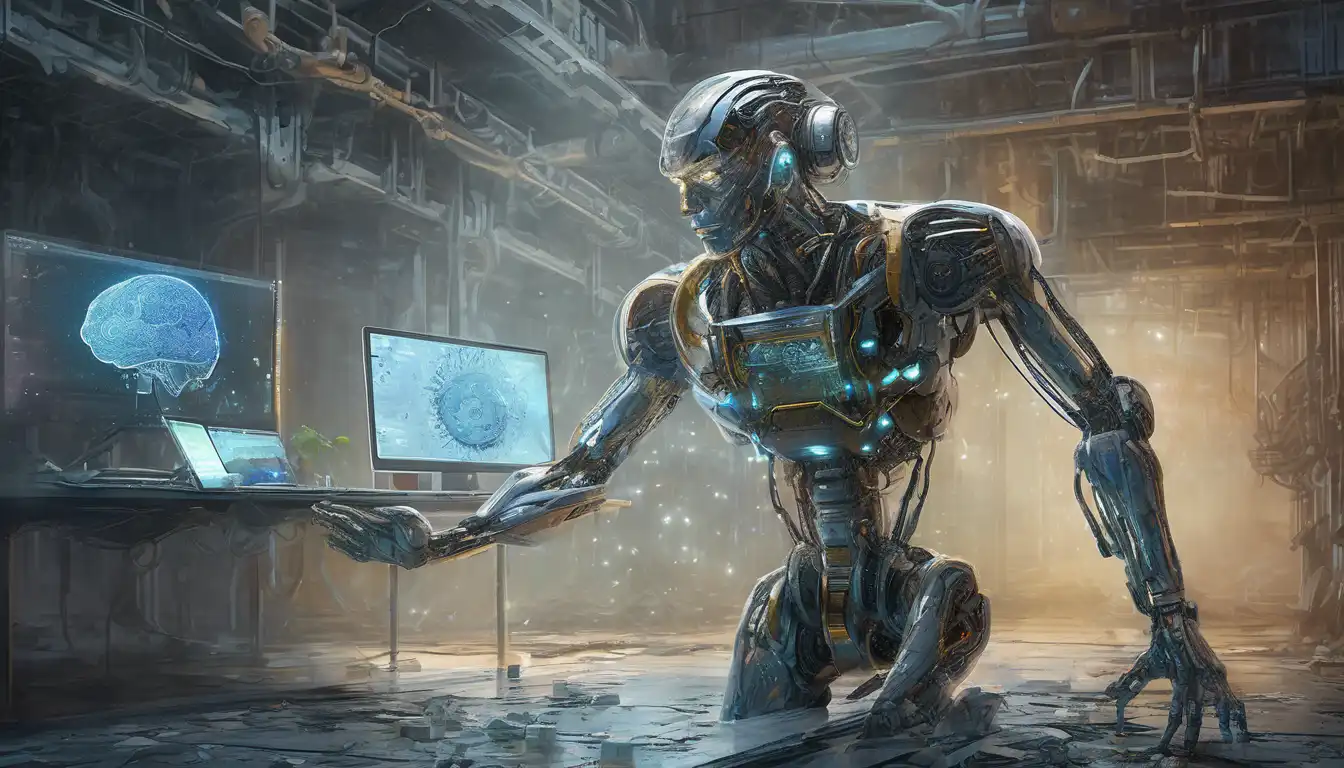Introduction to Artificial Intelligence
Artificial Intelligence (AI) has become a cornerstone of modern technology, influencing everything from how we work to how we interact with the world around us. Despite its widespread adoption, there are numerous myths and misconceptions surrounding AI that often cloud the public's understanding of its capabilities and limitations. This article aims to separate fact from fiction, providing a clear-eyed view of what AI truly is and what it can do.
Myth 1: AI Can Think and Feel Like Humans
One of the most pervasive myths about AI is that it possesses human-like consciousness and emotions. In reality, AI operates based on algorithms and data inputs. It can simulate certain aspects of human thought processes, but it does not experience feelings or possess self-awareness. AI's "intelligence" is purely functional, designed to perform specific tasks efficiently.
Myth 2: AI Will Replace All Human Jobs
While AI is transforming the job market by automating routine tasks, the idea that it will render human workers obsolete is exaggerated. AI is more likely to augment human capabilities than replace them entirely. By handling repetitive tasks, AI allows humans to focus on creative and strategic aspects of work, fostering new job opportunities in the process.
Myth 3: AI Is Infallible
Another common misconception is that AI is error-free. However, AI systems are only as good as the data they're trained on. Biases in data can lead to skewed outcomes, and without proper oversight, AI can make mistakes. Recognizing the limitations of AI is crucial for its responsible use.
The Reality of AI: A Tool for Enhancement
AI is a powerful tool that, when used correctly, can enhance productivity, improve decision-making, and solve complex problems. From healthcare diagnostics to personalized learning, AI's applications are vast and varied. The key to harnessing its potential lies in understanding its real capabilities and integrating it thoughtfully into our lives and work.
Conclusion
Artificial Intelligence is neither a magical solution nor a dystopian threat. By debunking the myths and focusing on the reality, we can appreciate AI for what it is: a transformative technology that, with careful management, can benefit society in countless ways. As we continue to explore the possibilities of AI, let's do so with a balanced perspective, embracing its potential while remaining mindful of its limitations.
For more insights into the world of technology and digital transformation, explore our Tech Trends section.
